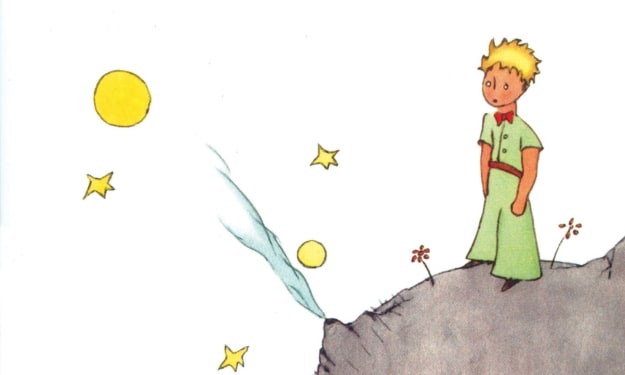The Law of Compensation
You can get everything in life you want if you will just help enough other people get what they want”. Zig Ziglar

"You get more of what you want by giving other people more of what they want”.
or
“You can get everything in life you want if you will just help enough other people get what they want”. Zig Ziglar
In other words, if you give value and are held in sufficient value by others you will be compensated in proportion to the amount of value that someone else places or perceives of what you are offering.
This explains, for me, why people will spend vast sums of money on branded items that may not have any objective or intrinsic value. They place a high value on participating or owning that experience, whatever it may be.

Perceived value is firstly emotional and is wrapped up in the notion of what can this do for me. In many cases that may be status, exclusivity, rarity, belonging, wellbeing. People buy results not products. Our ability to sell (even if it’s not for money) to others depends upon our ability to read the value that someone else places on what you produce.
So, it’s no good inventing something is there if is no “demand” or need in the market, unless you can create that demand or need by giving something that someone values. All businesses are based around the perceived value of their offer.
Vick Stizheus, of FourPercent, an online marketer has neatly distilled this into the following:
1. THERE MUST BE A NEED FOR WHAT YOU DO.
2. YOU MUST BE ABLE TO FILL THAT NEED.
3. THERE MUST BE A DIFFICULTY OF REPLACING YOU.
The difficulty of replacing you points at the need for uniqueness, individuality or a really good story. That in itself may have value. This is how most brands create their position in their niche. They differentiate themselves from the crowd by creating a unique story that gives them individuality, makes them difficult to replace and consumers want to buy into.
Russel Brunson, in Expert Secrets, divides marketing niches into 3 main categories: Health, Wealth and Relationships. He likens markets to oceans which become overcrowded, so marketers create sub-niches, which also become crowded to the extent that they become blood-baths. In order to become unique, you must find your own piece of blue ocean. From what I understand from this, uniqueness is not necessarily based on novelty, but on Value that no one else can provide. Your USP.
There seems to be a balancing act between what a niche market wants (what they value) and what you are able and wish, to offer (what you value). This is where I agree with Strizheus that the only route to adding unique value is to be yourself. That means finding your own voice and being able to see potential.
Tony Robbins commented that once you see a possibility, you are more inclined to take action. Once you take action and get a result you begin to believe in the possibility and so the cycle continues. However, if the result is failure it can undermine belief. When this happens, unless we have a method of learning from failure, we get caught in a downward spiral and a lack of self-belief and therefore we don’t take action.
Another Internet Guru, Brian Tracy, the speaker and business coach, has suggested using what he calls the 10 C’s of successful people.
- CLARITY
- CONCENTRATION
- COMMON SENSE
- CREATIVITY
- CURIOSITY
- CONSIDERATION
- CONSISTENCY
- COMMITMENT
- COURAGE
- CONFIDENCE
These attributes are helpful in reducing limiting beliefs and building self-confidence and therefore building your unique voice. When you change yourself, you change how you view the world. You become what you focus on. Until you think about spotting red cars you don’t notice many red cars. But when you focus on seeing them, they seem to be everywhere.
People buy Results not products. Results are centred around the value that someone wants to get out of something. You wouldn’t join a club if you didn’t feel that it gave you a sense of community. You wouldn’t buy the latest trainers if you didn’t feel that they gave you the feeling and the status that you wanted. And you wouldn’t buy a fast car if it didn’t satisfy a need for the thrill and experience and the status that you felt you deserved.
Markets are a strange alchemy, based not on logic and rational thinking, but on emotions, desires and needs. We buy or experience things that we think will be able to deliver on that.
Satisfying emotions drives behaviour and drives economies. The difficulty, in all niches, is in understanding what people value. In marketing terms, as I understand it, this balances with your ability to satisfy that need by providing value. Value that someone else values.
Value in companies can often be seen in the intangible assets they hold. It may be the story and the values they hold that support the product. The attitude they have to the outside world and the effort they put in to working with and for their customers to deliver value that customers care about.
www.charlesleon.uk






Comments
There are no comments for this story
Be the first to respond and start the conversation.